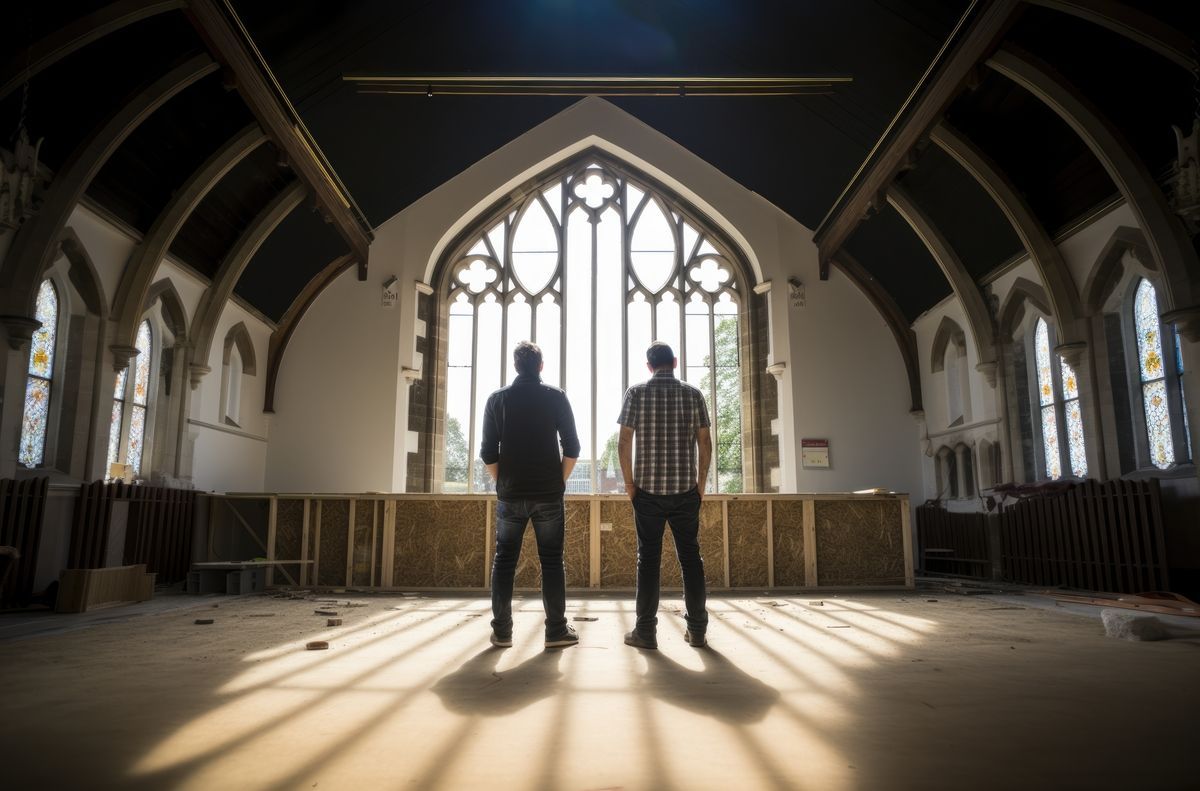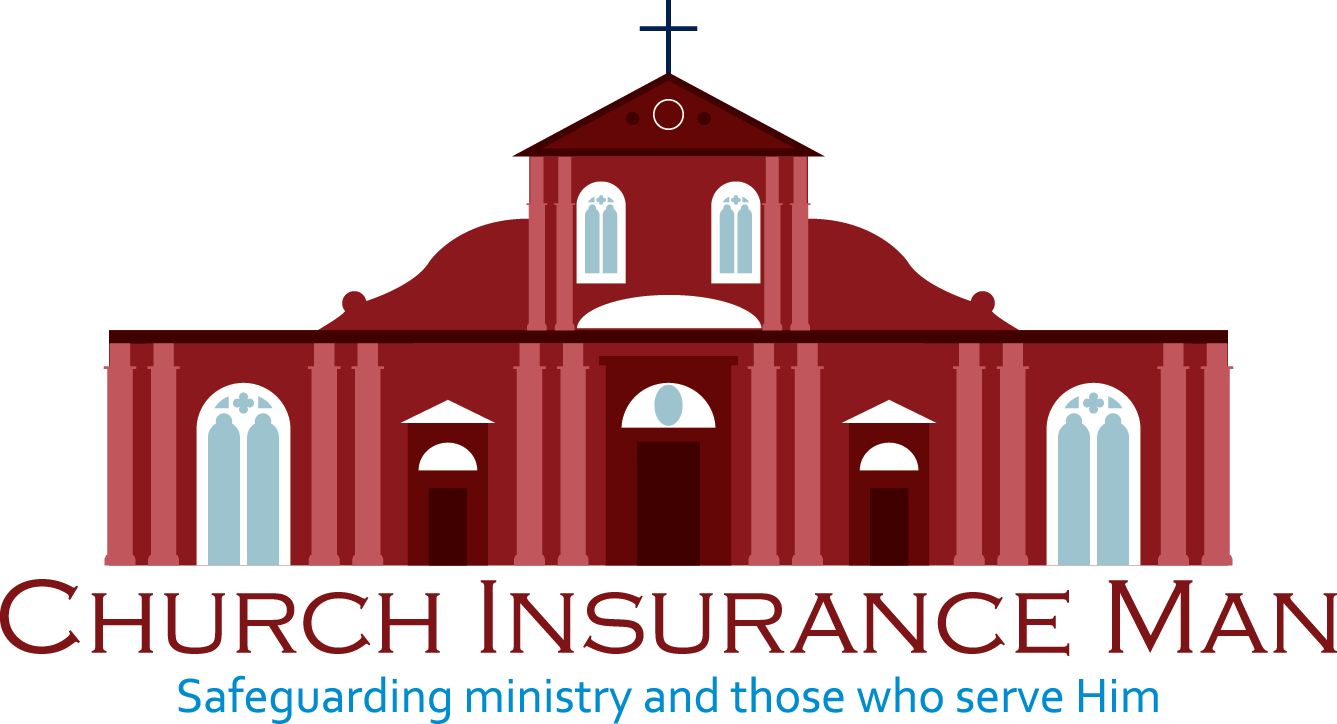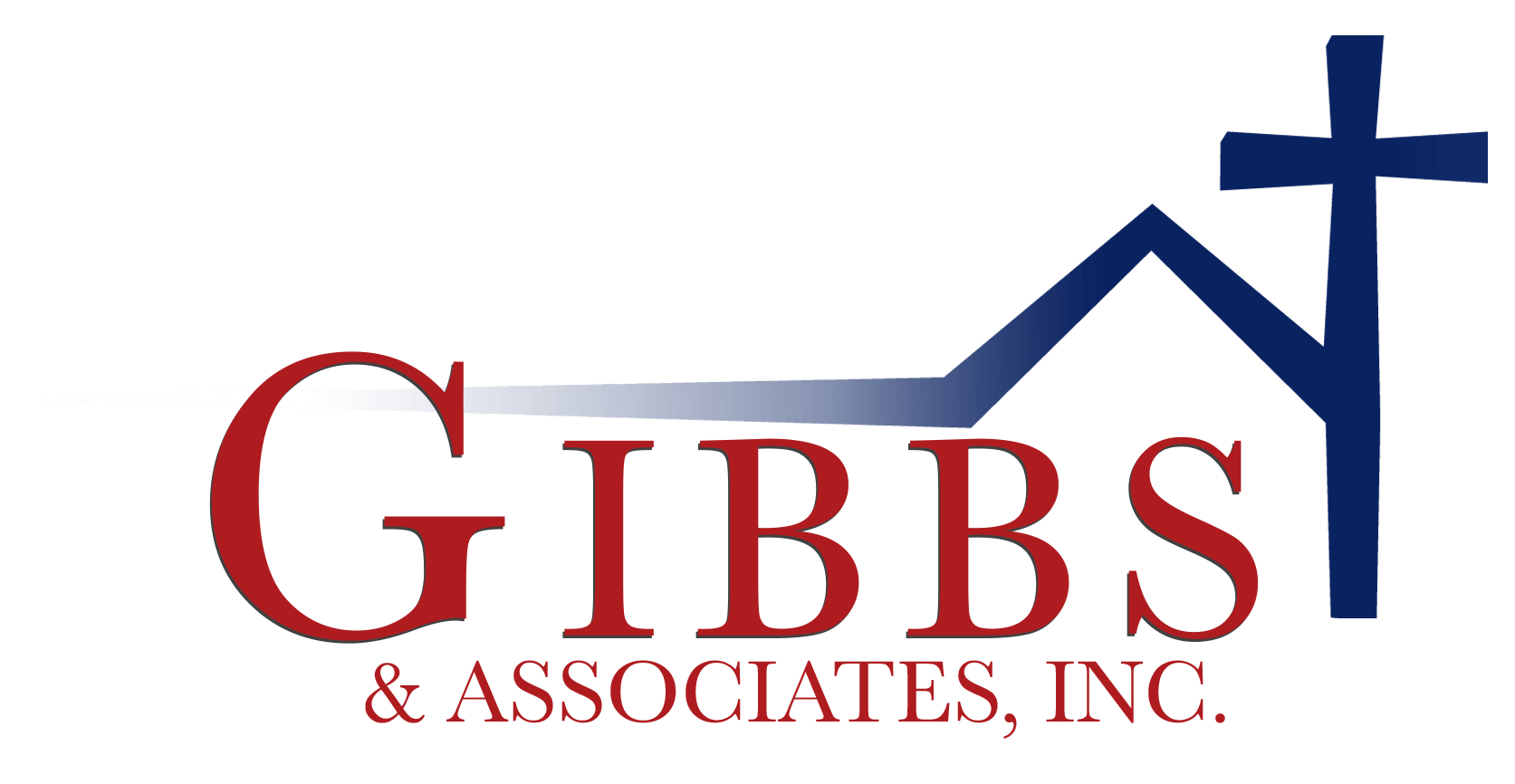Protecting Your Non-Profit Organization in Georgia: Tips and Insights on Non-Profit Insurance
Non-profit organizations in Georgia play a significant role in supporting vulnerable populations, promoting education, and fostering social and cultural development. However, with the vital missions they undertake come various risks and challenges that can impact their ability to carry out their objectives effectively. One of the critical aspects of protecting a non-profit organization is ensuring the appropriate insurance coverage is in place to mitigate these risks.
In this educational article, we will discuss the specific insurance requirements and challenges faced by non-profit organizations in Georgia, providing essential tips on securing the right coverage tailored to your unique needs. By understanding the intricacies of non-profit insurance, you can safeguard your organization's assets, reputation, and long-term sustainability, allowing you to focus on what matters most - making a positive impact in your community. Equip your organization with the knowledge necessary to navigate Georgia's non-profit insurance landscape and make informed decisions to secure your future.
1. Understanding Non-Profit Insurance Requirements in Georgia
Whether your Georgia-based non-profit organization operates a food bank, runs a community center, or provides educational services, having proper insurance plays a vital role in protecting your mission. While insurance requirements for non-profits in Georgia may vary, certain coverages are essential to ensure compliance with state regulations and protect your organization against various risks:
1.1. General Liability Insurance:
This fundamental coverage is required for most non-profits and offers protection against third-party claims arising from property damage, bodily injury, or personal injury that occur during your organization's operations.
1.2. Workers' Compensation Insurance:
If your non-profit employs staff, Georgia law requires you to carry workers' compensation insurance to cover the medical expenses and lost wages of employees who suffer work-related illnesses or injuries.
1.3. Commercial Auto Insurance:
Should your non-profit own or use vehicles for business purposes, you must maintain commercial auto insurance to meet Georgia's minimum coverage requirements and protect your organization against potential claims related to accidents involving these vehicles.
2. Identifying and Assessing Your Non-Profit's Unique Risks
Different non-profits face a diverse array of risks and challenges. To secure appropriate insurance coverage, it's crucial to identify and evaluate your non-profit's specific risks and vulnerabilities. Consider aspects such as your organization's services, assets, employment practices, and events when assessing your risks.
By working closely with a
trusted insurance provider who specializes in serving non-profit organizations in Georgia, you can obtain professional insights and guidance on identifying your exposures and selecting appropriate insurance coverages and limits.
3. Essential Insurance Coverages for Georgia-Based Non-Profits
While the aforementioned insurance types are the most critical and commonly required, several specialized coverages may suit your non-profit's unique needs and protect your organization against various risks:
3.1. Directors and Officers (D&O) Liability Insurance:
This coverage protects your non-profit's board members and officers against claims resulting from their decisions or actions while performing their duties. D&O insurance helps safeguard your organization from financial losses related to lawsuits concerning mismanagement, financial oversight errors, or breaches of fiduciary duties.
3.2. Professional Liability Insurance:
If your non-profit delivers professional services, such as counseling or education, professional liability insurance helps cover claims arising from errors, omissions, or negligence in the provision of these services.
3.3. Property Insurance:
This coverage protects your non-profit's physical assets, including buildings, office equipment, and inventory, against damage or loss resulting from various perils like fire, theft, or natural disasters.
3.4. Crime Insurance:
Crime insurance provides protection against financial losses resulting from theft, fraud, or dishonest acts committed by employees or volunteers.
3.5. Event Insurance:
If your non-profit hosts special events like fundraisers or community gatherings, event insurance can help cover claims related to property damage, bodily injury, event cancellation, or liquor liability.
4. Preparing a Comprehensive Insurance Plan for Your Non-Profit
Once you have identified your non-profit's unique risks and considered the essential coverages, work with a reputable insurance provider to develop a comprehensive insurance plan tailored to your organization's needs. Consider the following steps:
4.1. Choose a Reputable Insurance Provider:
Selecting an insurance provider such as Church Insurance Man, experienced in serving non-profits, can greatly benefit your organization when creating a customized insurance plan. These providers understand the unique challenges faced by non-profits in Georgia and can propose tailored solutions to address your organization's specific exposures.
4.2. Determine Coverage Limits and Deductibles:
Work with your insurance provider to determine appropriate coverage limits and deductibles for your non-profit. Balancing higher coverage limits and lower deductibles may require a larger premium investment upfront but can help minimize financial strain following a claim.
4.3. Review and Update Your Insurance Plan:
It's crucial to regularly review and update your non-profit's insurance plan, as your organization's activities, services, and assets may change over time. Schedule annual reviews with your insurance provider to ensure your coverage remains adequate and aligned with your non-profit's evolving needs.
5. Implementing Risk Management Practices
In addition to procuring proper insurance coverage, implementing risk management practices plays a key role in reducing exposure to potential losses. Consider the following strategies:
5.1. Create Standard Operating Procedures:
Establish and enforce standard operating procedures (SOPs) to ensure the consistent delivery of your non-profit's services and minimize errors, omissions, or negligence that may lead to liability claims.
5.2. Develop Employee and Volunteer Training Programs:
Train your staff and volunteers in essential skills, such as conflict resolution, first aid, and safety protocols, to reduce the likelihood of incidents leading to insurance claims.
5.3. Regularly Inspect and Maintain Property and Equipment:
Undertake routine inspections and maintain your non-profit's property and equipment to minimize potential damages resulting from unforeseen events or incidents.
By understanding non-profit insurance requirements in Georgia, assessing your organization's unique risks, and developing a comprehensive insurance plan, your non-profit can benefit from the proper protection needed to thrive and continue serving your community.
Safeguarding Your Non-Profit's Mission Through Tailored Insurance Solutions
In conclusion, securing the right insurance coverage is essential for ensuring the long-term success and stability of your Georgia-based non-profit organization. By understanding the specific insurance requirements in Georgia, identifying and evaluating your non-profit's unique risks, and working closely with a specialized insurance provider like Church Insurance Man, you can create a comprehensive insurance plan tailored to your organization's needs.
Take the first step towards a secure future for your non-profit organization by reaching out to Church Insurance Man, who specializes in providing comprehensive
non-profit insurance in Georgia. Discuss your non-profit insurance needs and receive expert guidance on selecting the policies that best suit your unique requirements. Get started on building a robust foundation for your non-profit, helping you to continue your impactful work with confidence and peace of mind.











